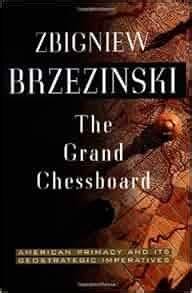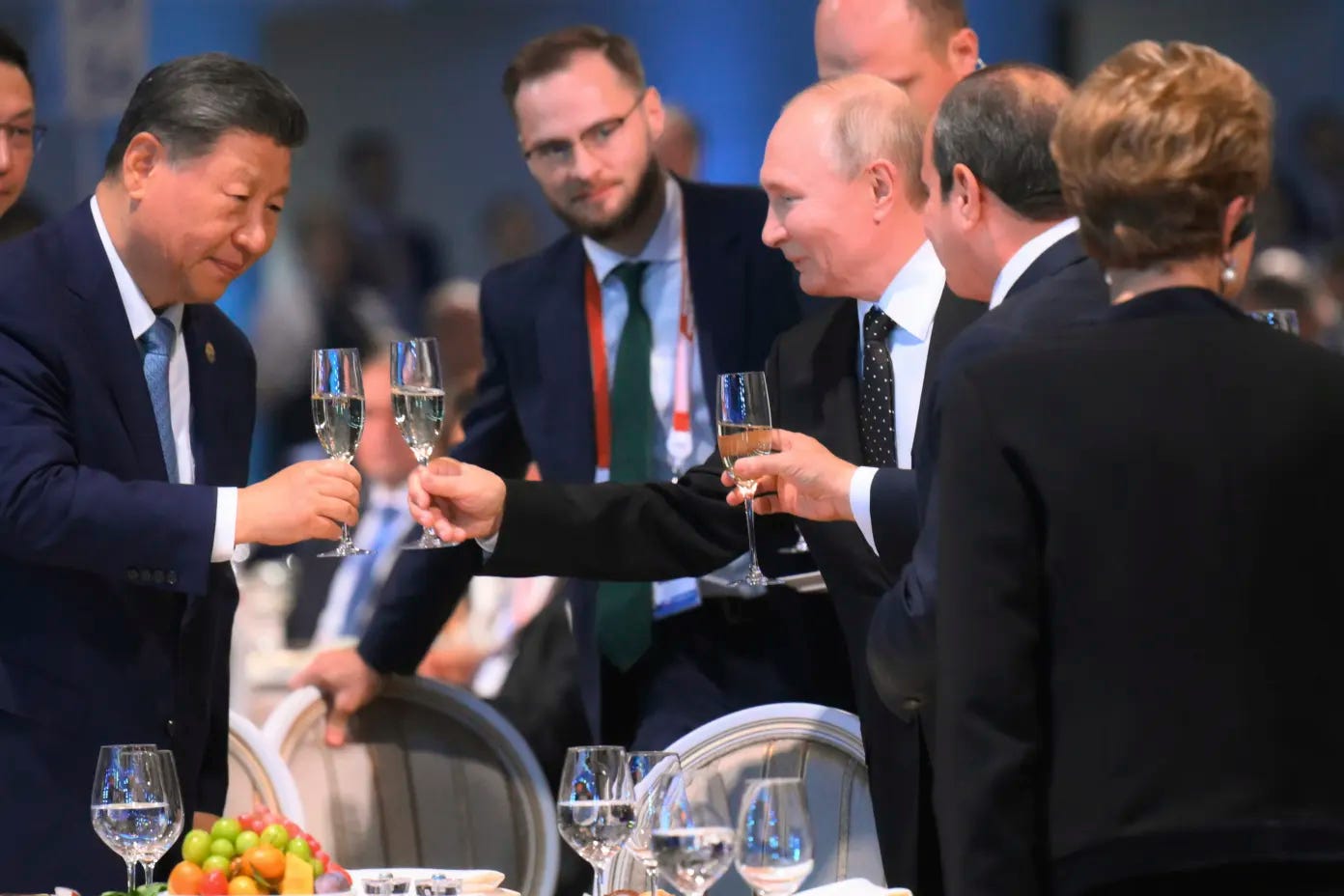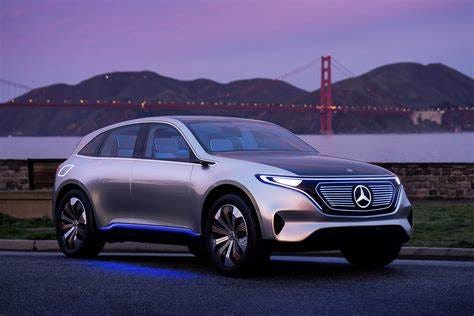The Week That Matters (21-25 Oct, 2024)
"Oh Lord, won't you buy me a Mercedes Benz?" Janice Joplin
This week the newsletter will argue the following:
The BRICs Summit was a major victory for China.
The USA is facing a geostrategic existential threat.
The European car industry is living in denial.
CATL’s new battery is important.
Japan’s IT capex cycle is an easier theme to play than the global one.
US fintech stocks are coming of age.
The best time to make friends is before you need them
Before getting to the BRICs summit, we need to understand why The Soviet Union didn’t endure as it explains why China is doing what it’s doing. There were two reasons:
The people of the Soviet Union lost their spirit.
Way back in the 1940s, the diplomat, George Kennan, argued that the battle between the USA and the Soviet Union would not come down to weapons and bombs. It would come down to how the people of each nation felt. He was right.
The 1970s may have been a tough decade for the American public but in general the post war years were prosperous. By the 1990s, people still had belief in the American Dream. People still thought the USA played a positive role in the world. This was not the case for people in the Soviet Union.
There was widespread dissatisfaction with the status quo. For a great people like the Russians, who had suffered so much throughout their history, it was telling that they became utterly despondent under godless Communism. Alcoholism was widespread. Depression became an epidemic. It was always going to be a matter of time before the people demanded change.
The USA’s containment policy was very successful.
Containment was a foreign policy of the United States of America, introduced at the start of the Cold War. It aimed to stop the spread of Communism and keep it "contained" and isolated within the borders of the Soviet Union. It proved to be a very successful strategy.
What was different then to now, perhaps, was the USA, at the time, was considered by many as being a benevolent force in the world. Countries were happy to follow its lead. When Bill Clinton spoke of the USA being the Light on the Hill in 1996, many in the world would have agreed. That image started to unravel with the regime change wars in the 2000s.
Anthony Blinken, the US Secretary of State, likes to tell the world that Russia has no friends today. It always has sounded a tad disingenuous, especially in light of the recent BRICs summit. That being said, if his counterparty in the 1980s had said the same thing about the Soviet Union, he would almost definitely have been right. By the late 1980s, the Soviet Union was increasingly alone. Economically and politically, it had few friends and the ones it had were kind of irrelevant.
China has PTSD
China observed all of this. And it naturally has wanted to avoid making the same mistakes. Why wouldn’t it? In modern history, its progress had been hampered by outside forces. The 19th Century was a tragic period for the nation. The Brits did some crafty and immoral things to them. The Japanese were no better in the 1930s, to be fair. Understandably, China has PTSD.
We saw that paranoia in the way the Chinese government handled Jack Ma. Western media criticized China for it, but the author argued at the time that it made perfect sense for the Chinese. Nothing good would have come from letting Jack Ma get his golem like fingers on the country’s consumer finance industry. It might have been as disruptive to Chinese society as the Opium Wars were.
The Chinese are playing chess, not checkers
China is a continental nation. Japan is an island nation. That’s important to remember. When the black ships entered the port of Yokohama in the 1860s, Japan didn’t understand its position in the world like a young man often doesn’t when he doesn’t have a Father figure. Were the Japanese Asian or were they more like the West?
This identity crisis led to them making many mistakes on their journey in the 20th Century. They tried to please the West at their own expense, while distancing themselves from Asia. The best example of that was when they agreed to the Plaza Accord in 1985.
Like a kid, who was rejected by the cool kids, they still remembered being rejected by the League of Nations in 1921. They were happy to be in the G7. They wanted to keep that status at all costs. And so, they agreed to something that would end up being very harmful to the country.
China is a different beast. China has been dealing with the countries around them for at least 2,000 years. Interestingly, Jesus Christ was known to the elite in Peking (modern day Beijing) by the 4th Century, according to scholars. The spread of Islam was known in Peking Courts by the end of the 7th Century. The Silk Road acted as the modern-day internet. It was where information was shared.
The mandarins in China obviously studied the collapse of the Soviet Union, and they have taken deliberate steps to avoid following the same fate:
China has done everything possible to keep the economy vibrant. Yes, there have been many mistakes, but the country has invested heavily into education for the young and into new technology. It is no doubt a source of pride for the young how China now has a solar and an EV industry, which it built from scratch. Chinese startups are lodging some world class IP. And as we saw this week with the IPO of Horizon Robotics in Hong Kong, young Chinese engineers are a force to be reckoned with.
China has gone out of its way to make friends for a long time to avoid the perils of containment. It established the very successful free trade agreement with ASEAN as an example way back in 2001. The Belt Road Initiative means it becomes an integral part of developing nation’s lives. And on a meta level, the world stops working without Chinese manufacturing. The Chinese have been very strategic. They knew from the 1990s how dangerous it would be to be isolated.
It is in this context that one should evaluate the BRICs summit. China knows it must have as many friends as possible to counteract the pressure the USA will put on countries not to deal with China. China, contrary to the all the noise in the press, has no interest in usurping the SWIFT payment system, at least for now, but it does want friends. And judging by the images from the conference, it would appear China is quite a popular kid these days around the world. And that’s a huge problem for the USA.
An Existential Geostrategic Threat for the Americans
An history teacher always told the author that a good historian knows his or her geography. They are wise words. Geography has never been so important.
The land that makes up modern day USA was the greatest economic discovery in modern times. The land was flat. The climate was varied. And there was always the promise of gold. But the issue with the land mass is it’s a long way from where most people of the world live. It is also a long way from where a lot of the world’s resources are. That’s an issue for the current US government, especially after it has lost its foothold in Afghanistan and potentially might be losing its influence in Israel.
The importance of Eurasia has been well understood since time immemorial. It wasn’t articulated well, however, until the British geostrategic analyst, Sir Halford Mackinder, published his theory in 1904 in a book called The Geographical Pivot of History. The book is a must read for anyone interested in geopolitics and its findings are as relevant today as they ever were. It is the foundation behind Zbigniew Brzezinski’s 1997 classic, The Grand Chessboard.
For Mackinder, the world could be divided into three major geographical regions:
The World Island
The Coastal Islands
The Periphery Islands
The World Island referred to the largest land mass in the world, consisting of Europe, Asia and Africa. Almost all of the world’s population live in The World Island and it is home to a huge chunk of the world’s resources. The Coastal Islands are Japan and the British Isles, while the Peripheral Islands, according to his theory, are North and South America and Australia.
Mackinder divided the World Island further. He called it the Heartland. It is the region from Eastern Europe to Siberia. In his opinion, it was “the ultimate citadel of land-power.” The terrain surrounding it makes it impenetrable. He went on to say, “who rules East Europe commands the Heartland; who rules the Heartland commands the World-Island; who rules the World-Island commands the world.”
If you read Mackinder or Brzezinski, it makes you realize the push for Ukraine isn’t solely because it’s a “bastion of Western ideals” (has anyone looked up Stepan Bandera?). The Ukraine has always had as much strategic importance as Afghanistan has. As Brzezinski says, losing influence in Eurasia would be a disaster for the USA. The USA needs vassal states in the region and needs to make sure it stays balkanized, according to Brzezinski.
Above all else, it must avoid China becoming too friendly with Russia. The trouble is it seems the leaders of both countries, although not quite drinking buddies, have found some common ground. And that’s a problem for Washington. The question is does the USA go on a Kennedy charm offensive like it did in the early 1960s or does it become bellicose? We shall soon see.
Didn’t it all start going wrong when President Kennedy was killed btw? Here’s hoping for a speech like this from whoever wins the election:
European Auto Industry: The Five Stages of Grief
Those experiencing sudden grief following an abrupt realization (shock) go through five emotions: denial, anger, bargaining, depression acceptance. It’s debatable where the European car industry is in its grief cycle, but the author would suggest it is in the denial stage still.
When Janice Joplin sang her famous song about buying a Mercedes car, she was talking about the slick, gas guzzling vintage cars from the 1960s. She would not have sung a song about the Mercedes EV series. They’re ugly, expensive and depreciate by half within a year. Ouch!
Mercedes just reported earnings. The numbers were terrible. They blamed the Chinese economy, but the author doesn’t think that’s a fair representation of the problem. The problem is not Chinese demand. It’s the availability of better and cheaper options in the Chinese domestic market.
The writing has been on the wall for over a decade. Mercedes stock has been cheap optically for years but when you look at the financials, it’s easy to see why. Sales have flat lined for over 10 years and that includes some of the bonanza years it had, like all European high end car makers, in China.
When Earnest Hemingway was asked how he went bankrupt, he famously replied, “Two ways. Gradually, then suddenly.” The European car companies aren’t going to go bankrupt but if they ignore the elephant in the room, the sheer scale of the Chinese EV industry, they risk being trampled by it. The author surmises everyone will suddenly start panicking when Volkswagen revises down again.
Keep reading with a 7-day free trial
Subscribe to Mateen's Newsletter - Discuss The Tape to keep reading this post and get 7 days of free access to the full post archives.







